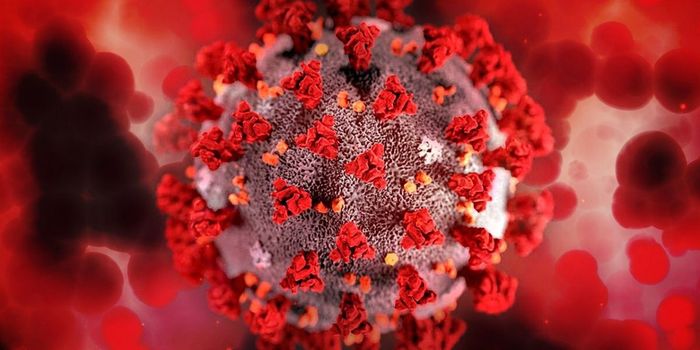Are your children drinking enough water? More than half of the children and adolescents in the United States are not.

Lack of sufficient hydration can have serious consequences for physical health and cognitive and emotional function, according to the first national study on this subject from the Harvard T.H. Chan School of Public Health. The study, which appeared online in the June issue of the American Journal of Public Health, was reported in Bioscience Technology (http://www.biosciencetechnology.com/news/2015/07/inadequate-hydration-can-lead-impaired-cognitive-emotional-function).
As noted in an article by K.E. D'Anci, F. Constant and I.H. Rosenberg ("Hydration and cognitive function in children ) in the National Center for Biotechnology Information, U.S. National Library of Medicine, "Adequate fluid intake is critical for survival. While adults are at liberty to drink fluids as wanted, children and infants are dependent upon caregivers for food and fluid. Children are at greater risk for dehydration than adults due to their higher surface-to-mass ratio. Additionally, children have different thirst sensitivities and body cooling mechanisms than adults. Children differ from adults in total body water content, and boys and girls differ in body water content with maturation. Research in young adults shows that mild dehydration corresponding to only 1 to 2 percent of body weight loss can lead to significant impairment in cognitive function. Dehydration in infants is associated with confusion, irritability, and lethargy; in children, it may produce decrements in cognitive performance (http://www.ncbi.nlm.nih.gov/pubmed/17063927).
The Harvard study also discovered racial/ethnic and gender gaps in hydration status. Black children and adolescents had a higher risk of inadequate hydration than whites; boys had a higher risk than girls.
According to lead author Erica Kenney, a postdoctoral research fellow in the Department of Social and Behavioral Sciences at the Harvard Chan School, "These findings are significant because they highlight a potential health issue that has not been given a whole lot of attention in the past. Even though for most of these kids, this is not an immediate, dramatic health threat, this is an issue that could really be reducing quality of life and well-being for many, many children and youth."
Scientists have long been aware that drinking adequate water is critical for physiological processes such as circulation, metabolism, temperature regulation and waste removal. While excessive dehydration is linked to serious health problems, even mild dehydration can cause such problems as headaches, irritability, poorer physical performance, and reduced cognitive functioning.
The study analyzed data from 2009 to 2012 on more than 4,000 children and adolescents from 6 to 19 who were participants in the National Health and Nutrition Examination Survey, a study of the health of U.S. children and adults conducted annually by the Centers for Disease Control and Prevention. Using urine osmolality, a measure of how concentrated a person's urine is, they determined whether or not participants were properly hydrated. They discovered more than 50 percent of all children and adolescents were not getting enough hydration. "Boys were 76 percent more likely than girls, and non-Hispanic blacks were 34 percent more likely than non-Hispanic whites, to be inadequately hydrated," the report said.
Nearly 25 percent of the children and adolescents in the study reported drinking no plain water at all. As explained by senior author Steven Gortmaker, professor of the practice of health sociology, "The good news is that this is a public health problem with a simple solution. If we can focus on helping children drink more water, we can improve their hydration status, which may allow many children to feel better throughout the day and do better in school."









